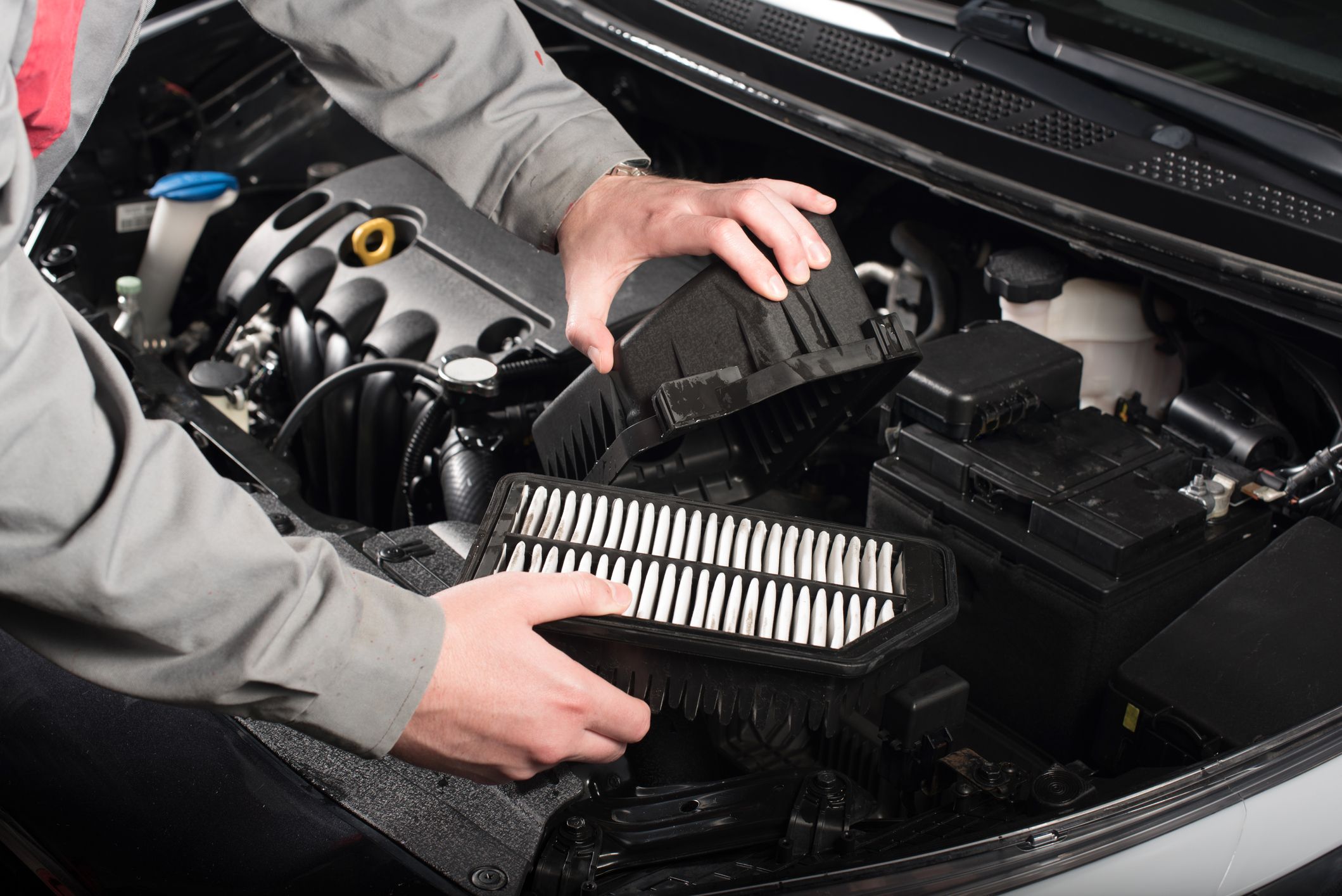Understanding the role of air filters in cars is essential for maintaining vehicle health and ensuring optimal performance. These filters are the unsung heroes of a car’s respiratory system, ensuring that only clean air mixes with fuel for combustion.
Over time, air filters accumulate debris and require regular replacement to prevent reduced airflow and engine strain.
Keeping a clean air filter can lead to better fuel efficiency, reduced emissions, and the prolonged life of your car’s engine. Regular maintenance and timely replacement of your car’s air filter are crucial steps in vehicle care that drivers should not overlook.
Maintain a keen eye on the condition of your car’s air filter, and ensure it remains a top priority in your vehicle’s maintenance schedule.
Importance Of Clean Air Filters
Air filters play a crucial role in maintaining a car’s fuel efficiency. By trapping dirt, dust, and other contaminants, air filters ensure that only clean air enters the engine. This cleanliness is vital because even a small particle of dirt can cause damage to engine components, leading to increased fuel consumption and reduced power output.
Regular maintenance and replacement of air filters can prolong the life of the engine. Without clean air filters, engines are vulnerable to a buildup of contaminants that can lead to premature wear, ultimately shortening the lifespan of your vehicle. Adherence to maintenance schedules can prevent such issues and promote smoother engine operation.
Another significant benefit is the role of air filters in minimizing emissions. A clogged filter can cause an imbalance in the air-fuel mixture, often resulting in an increase in harmful emissions. By ensuring that the air filter is clean, a car runs more efficiently and emits fewer pollutants into the atmosphere, contributing to a cleaner environment.
How Air Filters Work
Air filters are crucial components that ensure the engine receives clean air. By trapping dirt, dust, and contaminants, air filters prevent abrasive particles from causing wear and tear to the engine’s internal parts.
Over time, the accumulation of debris necessitates periodic replacement to avert reduced airflow and potential clogging. A well-maintained filter supports the optimal performance of the car by maintaining a consistent and clean airflow, which is vital for the combustion process and overall engine efficiency.
Regularly changing the air filter is necessary to protect the engine and ensure fuel efficiency. As the filter becomes clogged with contaminants, it can restrict airflow, leading to an overworked engine and increased fuel consumption. Thus, timely maintenance is crucial to prevent such issues.
Signs Of A Dirty Air Filter
Decreased fuel efficiency is often a telltale sign of a dirt-laden air filter. Vehicles rely on a mixture of air and fuel to generate power, and a clogged filter can restrict airflow, causing the engine to work harder and resulting in poorer gas mileage.
Another indicator of an air filter in need of a clean or replacement is a misfiring engine. A choked air supply can cause an engine to stutter or jerk during acceleration due to improper air-fuel balance.
Lastly, unusual engine sounds, such as coughing, popping, or spitting, can also point to air filter problems. These sounds may emerge from the engine due to disrupted airflow affecting engine combustion.
Changing Your Car’s Air Filter
The recommended frequency for air filter replacement varies depending on your vehicle’s model and driving conditions. Typically, a filter should be replaced every 12,000 to 15,000 miles. A check-up during routine maintenance helps establish the need for replacement. Areas with high dust might necessitate more frequent changes.
Deciding between DIY or professional replacement depends on a car owner’s comfort with maintenance tasks. Replacing an air filter is a relatively simple and quick task for those with basic mechanical knowledge and can be done with minimal tools.
Cost considerations play a role in the decision-making process. A professional replacement might cost between $20 to $40, including labor. Conversely, a quality aftermarket air filter might range from $15 to $30 for those opting to self-install, potentially offering savings.
Impact On Vehicle Performance
Air filters are critical for maintaining optimal vehicle performance. A clean filter ensures unimpeded airflow to the engine, which is essential for the combustion process. This, in turn, can lead to noticeable improvements in both acceleration and the overall power output of the vehicle.
Efficient fuel consumption and lower emissions are also direct benefits of a well-maintained air filter. By facilitating a cleaner burn, air filters minimize fuel waste and reduce harmful exhaust emissions, contributing to better mileage.
This is not only beneficial for the environment but also for the car owner’s wallet through reduced fuel costs.
To prolong engine health, regularly changing the air filter is essential. Over time, filters can become clogged with dirt and debris, risking damage to internal engine parts and potentially leading to costly repairs. A clean air filter acts as the engine’s first line of defense against airborne contaminants, ensuring a longer-lasting and high-performing engine.

Credit: www.caranddriver.com
Conclusion
Air filters serve as a crucial line of defense for your car’s engine. They protect against contaminants and ensure optimal performance. Regular checks and timely replacements can boost efficiency and prolong engine life. Remember, a clean air filter is the key to a healthy, high-functioning vehicle.
Drive smart, maintain well.
